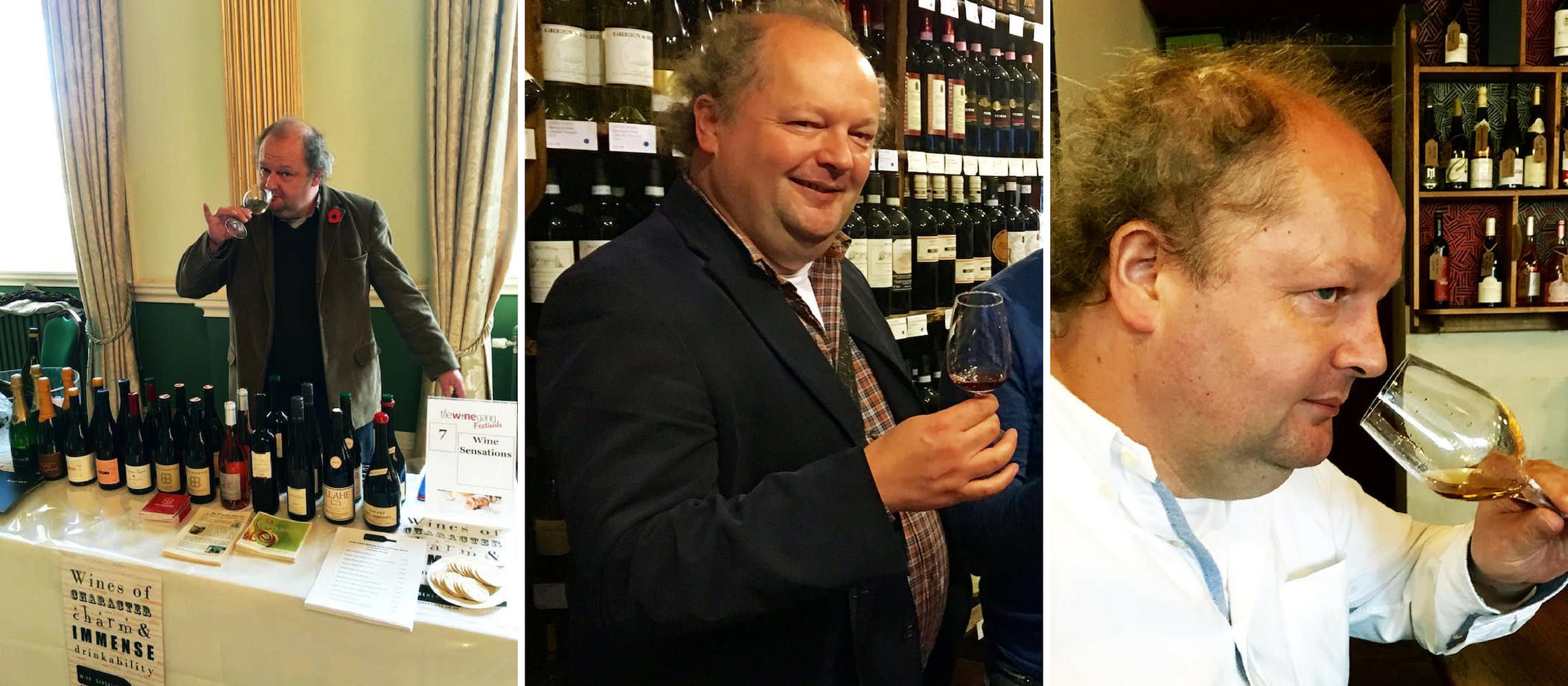Early Bird Deadline
30 November 2025
Judging
Date
23 & 24 March 2026
Winners Announcement
22 April 2026
30 November 2025
23 & 24 March 2026
22 April 2026

Richard Dudley Craig is a director at Dudley Craig Wines Limited in the UK. In an exclusive interview with London Wine Competition team, he spoke about his business background, wine sourcing, characteristics of a good wine producer and much more.
Our original intention was to specialise in wine from the South of France as we thought (and still do) that this is where the innovation and value in French wine lies. However, we did encounter wines from other regions - and, indeed, countries - which were so good we’d have been fools not to take them on.
For instance, we have imported some remarkable Champagnes and have had tremendous success with wines from the Jura, most of which are still massively under-appreciated. We found a stunning German winemaker and were delighted to bring in some super wines from a producer in Oregon’s Willamette Valley.
The majority of our stock still comes from southern France, so we love wines made from grapes such as Grenache Blanc and Noir, Carignan, Cinsault, Mourvèdre and Roussanne. The fascination comes from discovering what different winemakers do with similar raw materials and the very real differences that terroir and microclimate bring to the table.
Very simply, I aim for drinkability: in other words, do I want another glass? Our wines have to be delicious. It’s entirely subjective, but we know what we’re looking for when we find it.
Many of our wines are organic and/or biodynamic and vegan, although it’s by no means a requirement. The most important thing is that the wines are pure expression of the grape and terroir and are a pleasure to drink. If they’re also organic or biodynamic, then that’s a bonus.
I have become more focused on importing wines that I really like, rather than just what we believe will sell. It may sound like business suicide, but I can only sell what I love. Nevertheless, I do believe that I have a good palate and can select wines which appeal to a wide audience.
We don’t pretend to absolutely comprehensive in scope, but if something really good comes along from a region we haven’t previously considered and it fits with our ethos and world view, it’s in.
We like working with smaller producers with whom we can develop a relationship; it’s all about a meeting of minds. I also prefer to import the majority of the wines that they produce. If I only like one or two in their range, it generally means that it isn’t going to work.
I’ve been lucky enough to only work with producers whom I admire.
Average price per bottle:
£8.00 ex-cellars, £14.95 retail.
As supermarkets and restaurants widen their offering of vegan dishes, vegan and organic wines will continue to increase in popularity.
It’s nice to see lighter and more aromatic varietals gaining popularity. Similarly, the trend for lower-alcohol wines will also continue, although the over-alcoholised behemoths aren’t going anywhere yet.
For us, Pinot Noir is always in demand, no matter what its provenance. We also sell a lot of southern French Grenache, Savagnin from Jura and dry German Riesling.
Indigenous varietals from Italy, Spain, Greece and Slovenia will intrigue both trade and retail customers, particularly if price points can hold. Lesser-known regions of France and reds and rosés from Germany and Austria are all on the up. The wine world devours novelty.
It’s impossible to underestimate the effect that Brexit will have on the UK wine industry, not helped at all by the chancellor’s increase in duty on wine in February. It’s going to be a very tough time for everyone.
The perils of Brexit notwithstanding, if you have depth knowledge of products you truly believe in and superlative customer service, you have a point of difference.
The people: winemakers, buyers and enthusiasts are a fascinating bunch and it’s a huge joy to be a part of that world.
Make your wines stand out on the world stage. Enter the London Wine Competition by November 30 to secure Early Bird savings.